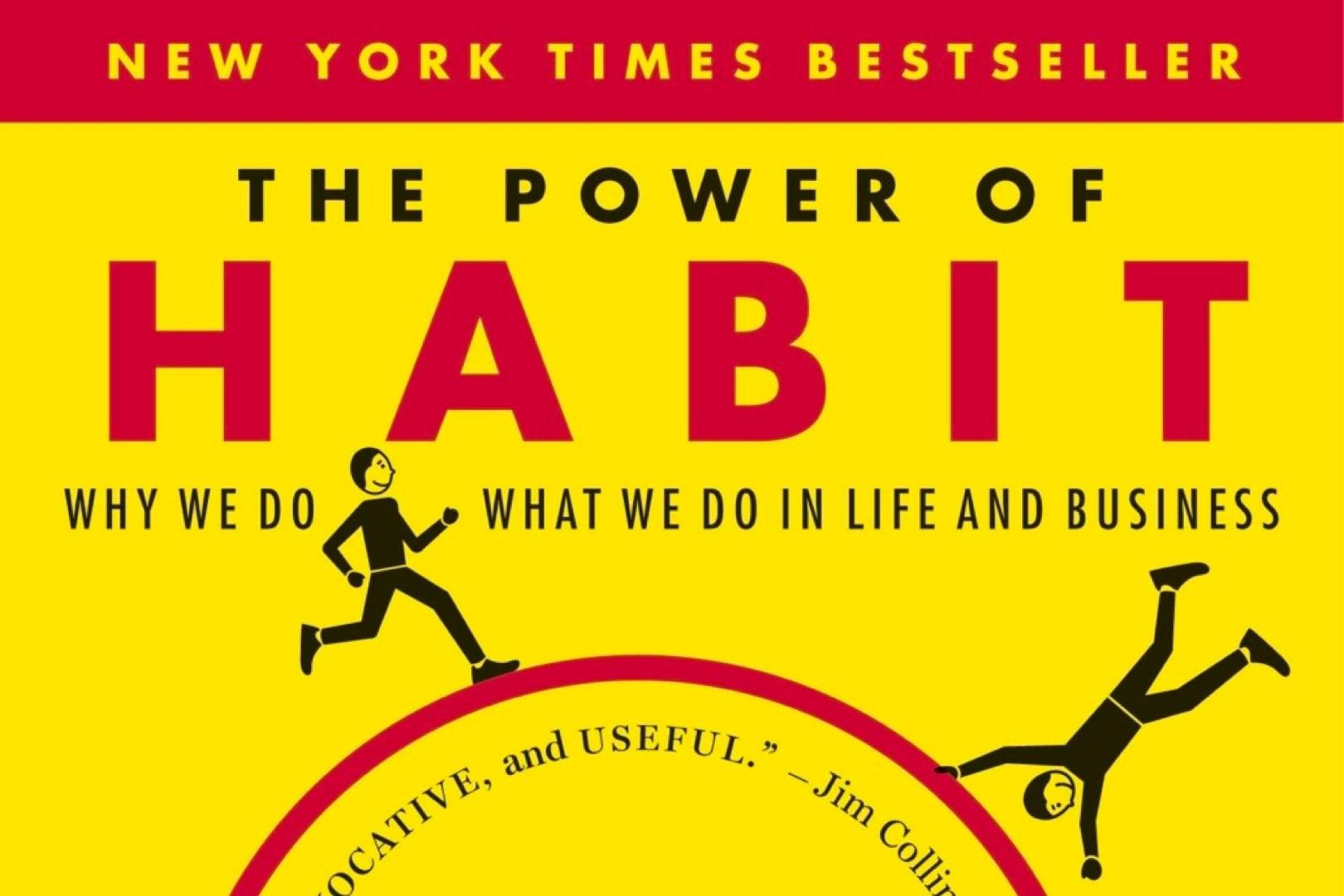
Making the right associations can drastically improve your life from all perspectives: work, psychology, health, and even money. Habits can refer to anything from reaching for your toothpaste and toothbrush each morning to what you eat for breakfast, lunch, or dinner.įorming a specific habit means associating a specific thing or action with another one. The most interesting part about habits is how different they all are for every single one of us.

Our actions and decisions, all mixed in a specific ritual. It contains all the behaviors we perform without giving them too much thought. There are 5 types of cues: Location, Time, Emotional state, People, and Immediately proceeding another action. If you can create a habit, then you don’t need to use willpower, and desirable activities become easier to do and you don’t use up the willpower you need for other things. Willpower is not a skill, it’s a muscle, one you have to build and one that can become exhausted just like your arms or legs. Grit is the largest predictor of success, the ability to push through and overcome obstacles. If you don’t believe you can change your habits, then you can’t.Ĭreating small wins for your habits makes them easier to maintain. Then you’ll execute the running routine.īelief in the possibility of change is required in order for the change to happen.

you’ll feel good if you go running, so create a cue of leaving out your running clothes by your bed so you see them immediately when you wake up. To create a habit, find an obvious cue, and then define the reward you want. if you’re bored and want something fun, you could try going for a walk instead of watching TV. You can’t ignore cues, but you can change the routine you do for a similar reward. The cue starts the habit and is some form of stimuli, the routine is what you do in reaction to the cue and the reward is what you get from the routine, part of the reason you do it in the first place. Habits are powerful, but can be changed if you know the formula for them.Įvery habit follows three steps: Cue – Routine – Reward. When you find yourself doing something and ask “how did I get here?” it’s usually a habit. We learn and make decisions without any conscious engagement.

More than 40% of daily actions are out of habit. exercising can make you eat better, sleep better. Certain habits, “keystone” habits, can bring many other good ones with them.


 0 kommentar(er)
0 kommentar(er)
